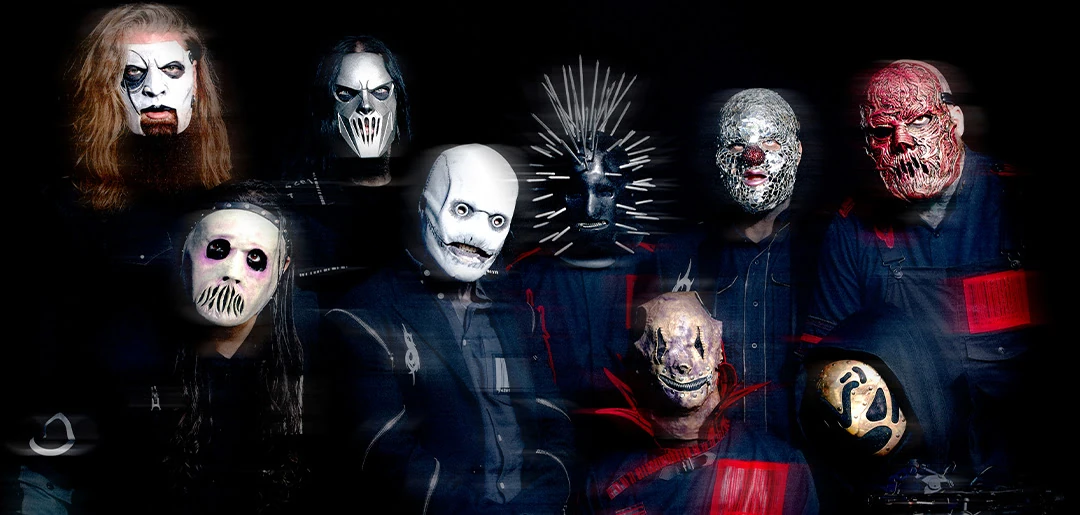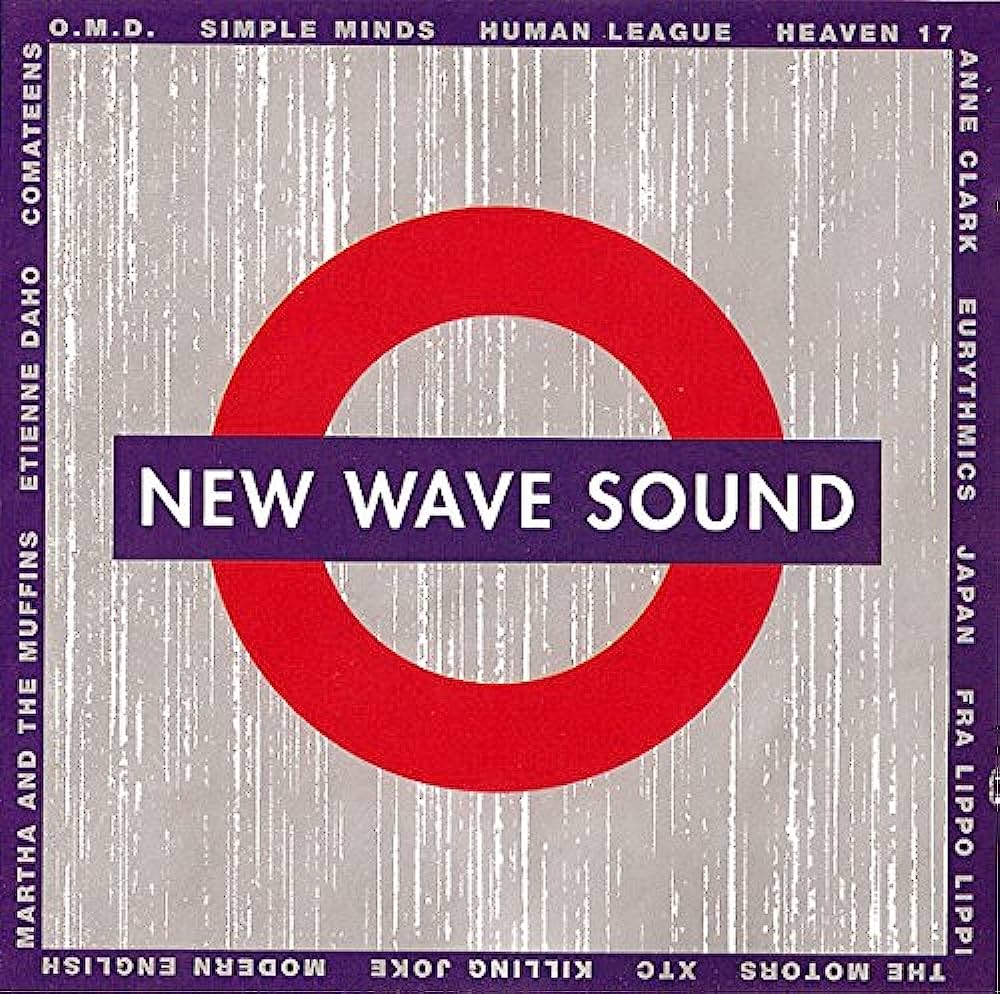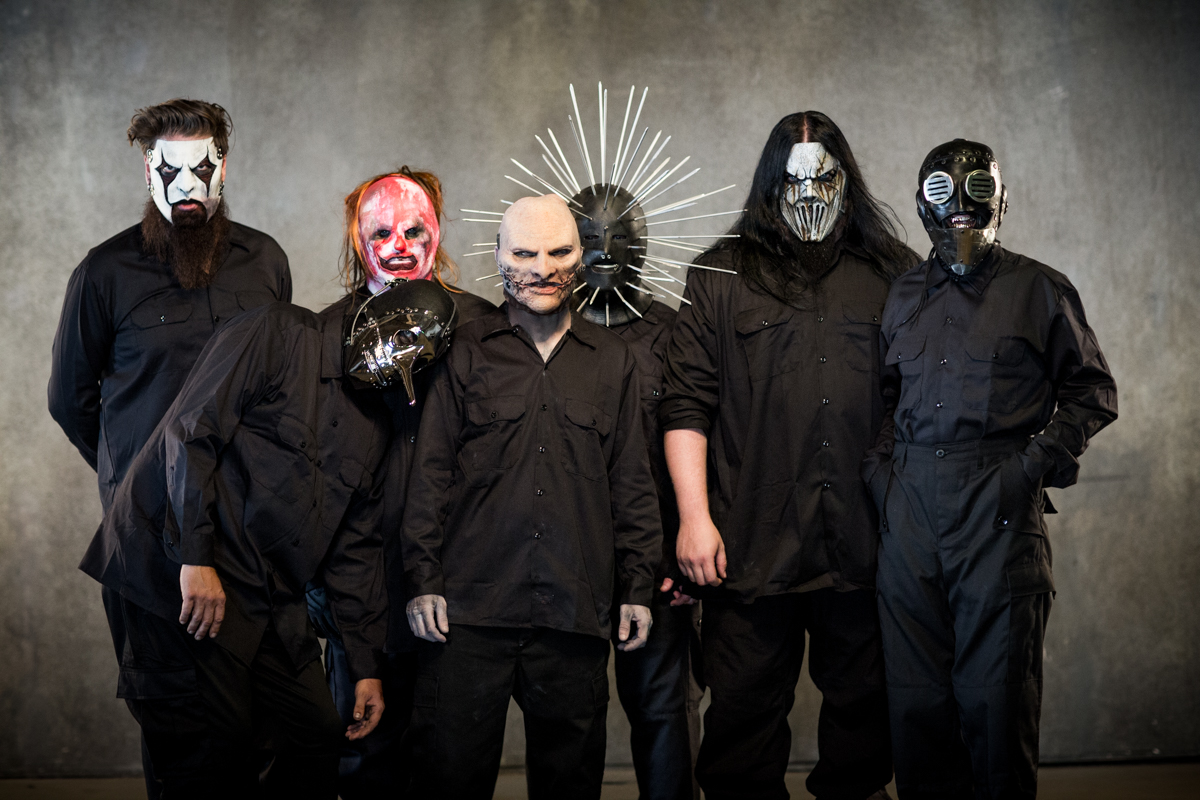When it comes to heavy music, few bands have made as much of an impact as Slipknot. If you're asking yourself, "What is Slipknot genre?" you're not alone. This Iowa-based group has been pushing boundaries and redefining what metal can be since the late '90s. Their sound is a fusion of styles that defies easy categorization, but trust me, it’s one wild ride.
Slipknot's genre is like a secret recipe that combines elements of nu-metal, industrial metal, hardcore, and even a dash of symphonic metal. Their music is as complex as their iconic masks, each one telling its own story. If you're just diving into the world of Slipknot, buckle up because we’re about to break down what makes this band so unique.
From their thunderous rhythms to Corey Taylor's vocal acrobatics, Slipknot has carved out a niche that resonates with fans all over the globe. But what exactly is Slipknot genre? Let’s dive deep into their musical DNA and uncover the layers that make them one of the most influential bands of the modern era.
Read also:Valerie C Robinson Today The Inspiring Journey Of A Remarkable Woman
Here’s the deal though – Slipknot isn’t just about the music. It’s about the experience, the energy, and the raw emotion that pours out of every song. So, whether you’re a die-hard fan or just curious, let’s get started on this journey together.
Table of Contents
- Slipknot's Origin Story
- Defining Slipknot's Genre
- Key Musical Elements
- The Power of Slipknot's Lyrics
- Who Influenced Slipknot?
- Slipknot's Influence on Modern Metal
- Exploring Slipknot's Subgenres
- The Slipknot Fanbase
- Slipknot vs Other Metal Bands
- What’s Next for Slipknot?
Slipknot's Origin Story
Before we dive headfirst into the Slipknot genre, let’s take a quick look at where it all began. Slipknot was formed in 1995 in Des Moines, Iowa, by percussionist Shawn Crahan and drummer Joey Jordison. The band initially started as a side project but quickly evolved into something much bigger. Their self-titled debut album in 1999 put them on the map, and they haven’t looked back since.
What sets Slipknot apart from the start is their commitment to creating an immersive experience. The masks, the costumes, and the overall theatricality of their performances turned every concert into a spectacle. But beneath all the visual flair lies a core of pure musical intensity that captivates audiences worldwide.
Why Masks?
The masks are more than just a gimmick. Each member of Slipknot wears a mask that represents their alter ego, adding another layer to their already complex identity. This decision wasn’t random; it was a way for the band to hide behind their art and let the music speak for itself.
Think about it – in a world where image often overshadows talent, Slipknot chose to focus on the music first. And boy, does it work. Their genre might be hard to pin down, but there’s no denying the power of their sound.
Defining Slipknot's Genre
Alright, so here’s the million-dollar question: what is Slipknot genre? The short answer is that Slipknot doesn’t fit neatly into any one category. They’ve been labeled as nu-metal, industrial metal, and even symphonic metal at times, but the truth is that they’re a melting pot of influences.
Read also:Christopher Papakaliatis Partner The Man Behind The Success Story
At its core, Slipknot’s genre can be described as a fusion of heavy metal, punk rock, and industrial sounds. They blend aggressive guitar riffs with complex drum patterns, creating a wall of sound that’s both overwhelming and mesmerizing. Add to that Corey Taylor’s dynamic vocal range, and you’ve got a recipe for chaos.
Breaking Down the Genres
Let’s break it down a bit further:
- Nu-Metal: Slipknot shares some similarities with nu-metal bands like Korn and Limp Bizkit, particularly in their use of downtuned guitars and rap-like vocal styles.
- Industrial Metal: The industrial elements come through in their use of electronic beats and samples, giving their music an edgy, futuristic feel.
- Symphonic Metal: Tracks like “Duality” showcase Slipknot’s ability to incorporate orchestral elements, adding a grandeur to their sound.
So, when someone asks, “What is Slipknot genre?” the best answer might simply be “Slipknot.” They’ve created their own lane in the world of heavy music, and they own it.
Key Musical Elements
Now that we’ve got a basic understanding of Slipknot’s genre, let’s zoom in on the specific musical elements that make them stand out. Slipknot’s sound is built around a few key components that work together to create their signature style.
1. Dual Drummers
One of the most distinctive features of Slipknot’s music is their use of dual drummers. Joey Jordison and later Jay Weinberg bring a level of complexity to the rhythm section that few bands can match. The interplay between the two drummers creates a wall of percussion that drives the music forward.
2. Down-Tuned Guitars
Slipknot’s guitarists, Mick Thomson and Jim Root, are masters of the down-tuned riff. Their use of heavy, distorted guitar tones adds weight and intensity to every track. Whether they’re laying down a simple groove or unleashing a flurry of notes, their playing is always precise and powerful.
3. Vocal Versatility
Corey Taylor’s vocals are a force to be reckoned with. He can go from a guttural growl to a soaring melody in the blink of an eye. His ability to switch between styles keeps listeners on their toes and adds another dimension to Slipknot’s already complex sound.
The Power of Slipknot's Lyrics
But Slipknot isn’t just about the music – their lyrics are equally important. The band’s songwriting often tackles dark, personal themes like anger, trauma, and mental health. This honesty resonates with fans who see themselves reflected in the lyrics.
Songs like “Duality” and “Before I Forget” are prime examples of Slipknot’s lyrical prowess. They tackle heavy topics with a raw, unfiltered honesty that’s hard to ignore. It’s this emotional depth that sets Slipknot apart from many of their peers.
Themes in Slipknot's Lyrics
- Mental Health: Tracks like “Psychosocial” explore themes of mental health and identity.
- Anger and Rebellion: Songs like “Spit It Out” channel rage into something cathartic.
- Self-Reflection: “Duality” is a powerful meditation on self-awareness and growth.
It’s this combination of heavy riffs and meaningful lyrics that makes Slipknot’s genre so compelling. They’re not just making noise – they’re telling stories that matter.
Who Influenced Slipknot?
Every great band has its influences, and Slipknot is no exception. The members of Slipknot have cited a wide range of artists as inspirations, from classic metal bands like Black Sabbath and Metallica to punk rockers like The Misfits and Bad Brains.
These influences are evident in Slipknot’s music. The crushing riffs and dark atmospheres of Black Sabbath can be heard in tracks like “Surfacing,” while the punk energy of The Misfits shines through in songs like “Wait and Bleed.” It’s this fusion of styles that defines Slipknot’s genre.
Slipknot's Influence on Others
Of course, Slipknot hasn’t just been influenced – they’ve influenced countless other artists in return. Bands like Bring Me the Horizon, Ghost, and System of a Down have all cited Slipknot as a major influence on their own music. This legacy is a testament to Slipknot’s impact on the world of heavy music.
Slipknot's Influence on Modern Metal
Slipknot’s influence extends far beyond their immediate peers. They’ve helped shape the modern metal landscape in ways that are still being felt today. Their willingness to experiment with different styles and sounds has encouraged other bands to push the boundaries of what metal can be.
One of Slipknot’s greatest contributions to modern metal is their ability to connect with a diverse audience. Their music appeals to fans of all ages and backgrounds, proving that heavy music isn’t just for a niche group of people. This inclusivity is a key part of what makes Slipknot’s genre so appealing.
Slipknot's Live Shows
Of course, no discussion of Slipknot’s impact would be complete without mentioning their legendary live shows. Their concerts are more than just performances – they’re experiences. The energy, the visuals, and the sheer intensity of a Slipknot show are unmatched in the world of metal.
These live shows have helped solidify Slipknot’s place in metal history. They’ve proven that music doesn’t have to be confined to a single genre – it can be whatever you want it to be.
Exploring Slipknot's Subgenres
As we’ve already established, Slipknot’s genre is a complex mix of styles. But let’s take a closer look at some of the subgenres that make up their sound:
1. Nu-Metal
Nu-metal was all the rage in the late '90s and early 2000s, and Slipknot was right in the thick of it. Their debut album is often cited as a defining moment in the genre’s history. Tracks like “Surfacing” and “Spit It Out” showcase the nu-metal elements that helped make Slipknot a household name.
2. Industrial Metal
Industrial metal is another key component of Slipknot’s sound. Their use of electronic elements and samples adds a modern twist to their music. Songs like “Vermilion” and “Duality” are prime examples of how Slipknot incorporates industrial elements into their overall style.
3. Symphonic Metal
While not as prominent as the other subgenres, Slipknot’s symphonic metal influences can be heard in tracks like “Duality” and “Gehenna.” These songs feature orchestral elements that add a cinematic quality to the music.
The Slipknot Fanbase
No discussion of Slipknot’s genre would be complete without mentioning their loyal fanbase. Known as the Maggots, Slipknot’s fans are some of the most dedicated in the world of heavy music. They’ve formed a tight-knit community that extends far beyond the concert hall.
What makes the Maggots so special is their diversity. Slipknot fans come from all walks of life, united by their love for the band’s music. Whether you’re a die-hard metalhead or a casual listener, there’s something about Slipknot that resonates with everyone.
Why Fans Love Slipknot
- Authenticity: Slipknot’s music feels real and unfiltered, which resonates with fans.
- Community: The Maggots have created a sense of belonging that’s hard to find elsewhere.
- Inclusivity: Slipknot welcomes fans of all backgrounds, making their community truly global.
This connection between Slipknot and their fans is a big part of what makes their genre so unique. It’s not just about the music – it’s about the experience.
Slipknot vs Other Metal Bands
So how does Slipknot stack up against other metal bands? While they share some similarities with groups like Korn, System of a Down, and Metallica, there’s something about Slipknot that sets them apart. Their willingness to experiment with different styles and sounds gives them a distinct edge.
Whereas some bands might stick to a single formula, Slipknot is always evolving



